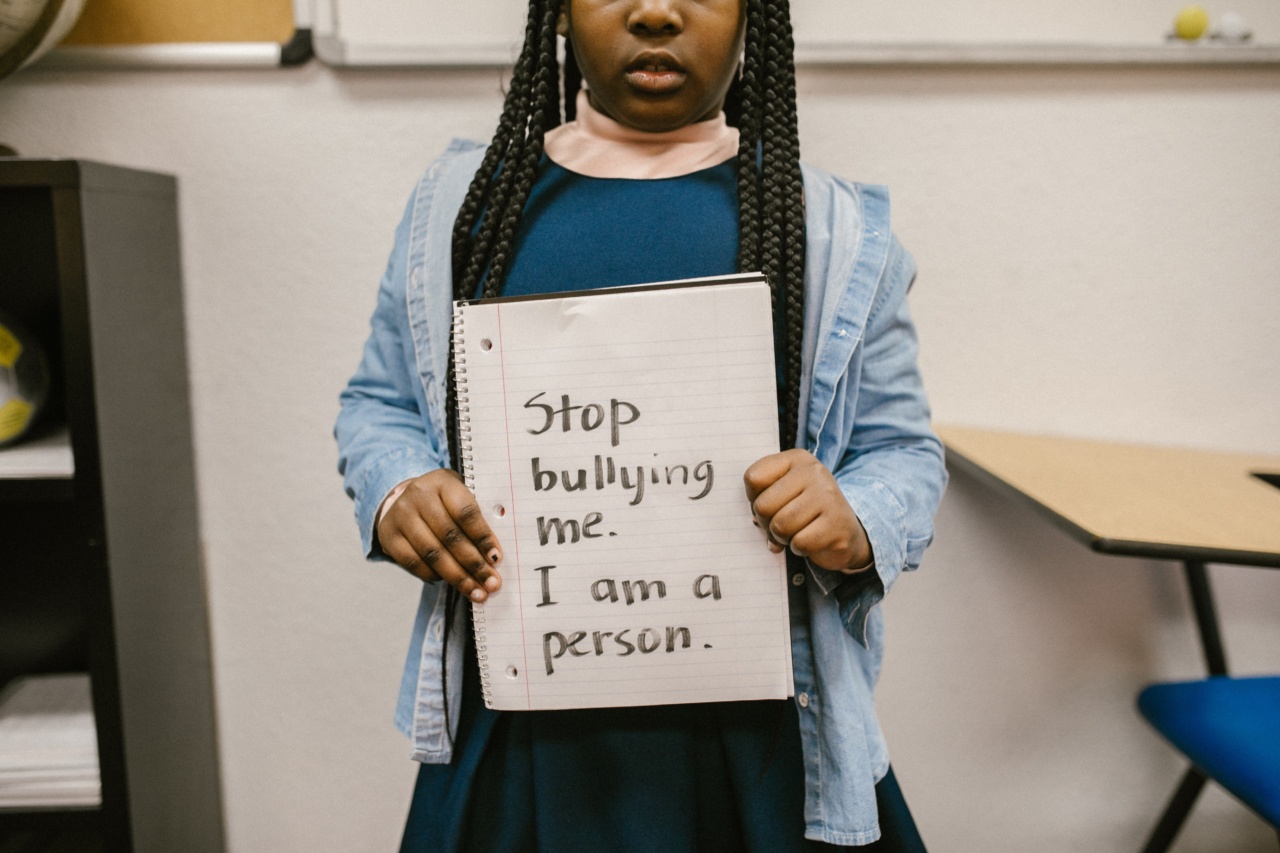Bullying can cause severe emotional and physical harm to children. It can take several forms, including verbal, physical, and cyber bullying. If you suspect your child is being bullied, it is important to be aware of the warning signs.
How to recognize bullying
Here are ten warning signs of school bullying:.
1. Changes in behavior or mood
One of the most significant signs of bullying is if your child’s behavior or mood changes.
If you notice that your child is more irritable than usual, has difficulty sleeping or eating, or seems excessively anxious or sad, it could be a sign that they are being bullied.
2. Unexplained physical injuries
Another warning sign is if your child comes home with unexplained injuries like bruises, cuts, or scratches.
They may try to give explanations like playing rough, but if the injuries keep occurring, it’s likely that they’re being physically bullied at school.
3. Avoidance behavior
If your child avoids school or social activities that they usually enjoy, it could be a sign of bullying. They may start to withdraw from social events, sports, and activities because they fear the bullies.
4. Lowered self-esteem
Bullying can lead to low self-esteem in children. Your child may seem sad or defeatist about their abilities, and their self-confidence may be undermined.
If they are getting bullied, they may start to believe the messages the bullies are conveying – that they are not good enough or that nobody likes them.
5. Difficulty sleeping or eating
Children who are being bullied can exhibit physical symptoms like trouble sleeping or a change in attitude towards food.
These symptoms may be caused by the stress and anxiety experienced by bullying victims or by the release of cortisol, which can contribute to suppression of appetite and sleeping troubles.
6. Unexplained changes in academic performance
If your child’s grades have dropped without any explanation, it’s worth exploring whether they’re being bullied in school.
Bullying affects children’s ability to focus, and it can lead to difficulty concentrating on their academic work and extracurricular activities.
7. Loss of possessions
If your child continuously comes home without their books, clothes or other items, it could be a sign that someone is bullying them. Bullies may take or damage your child’s things, which can cause them a great deal of distress.
8. Social isolation
Being bullied can make your child feel isolated or left out. If you find that they are no longer engaging as much in social events or hanging out with their friends as before, it may be time to investigate why.
9. Angry outbursts or irritability
Children who are bullied may become angry or irritable due to the stress and anxiety they experience as a result of being bullied. This is a normal symptom of bullying, as it can cause emotions to escalate due to the repeated exposure to the stressor.
10. Cyberbullying
Cyberbullying can occur at home, and parents must pay careful attention to their child’s behavior online.
If you notice any unusual online activity, such as your child avoiding their computer, phone or spending longer than usual online, it may be a sign of cyberbullying. Also, monitor their social media accounts, and look out for any negative comments, messages or post they may receive or make.
In conclusion, as a parent, keeping an eye out for signs that your child is being bullied is essential. The above are some warning signs that you should watch out for.
If you notice any changes in your child’s behavior or mood, discuss your concerns with them and their school. Every child has the right to feel safe at school and in their community.































